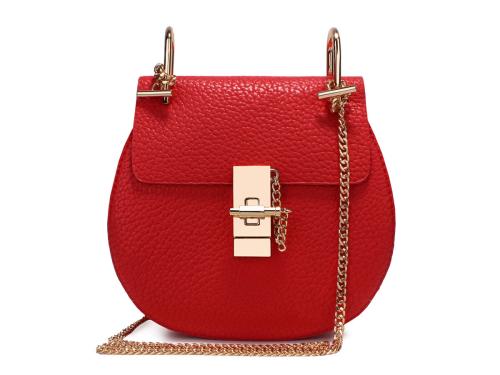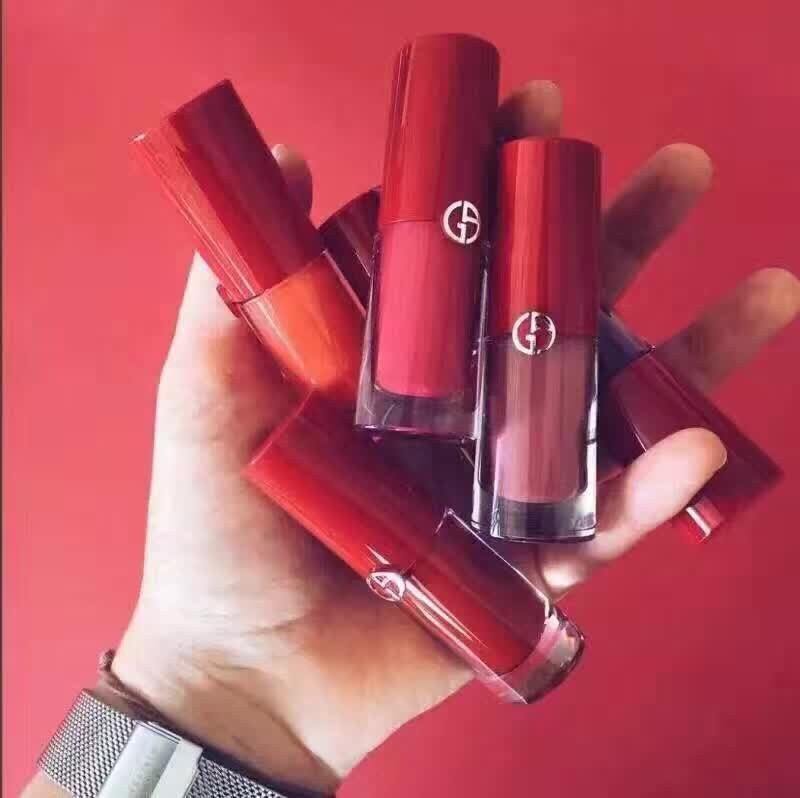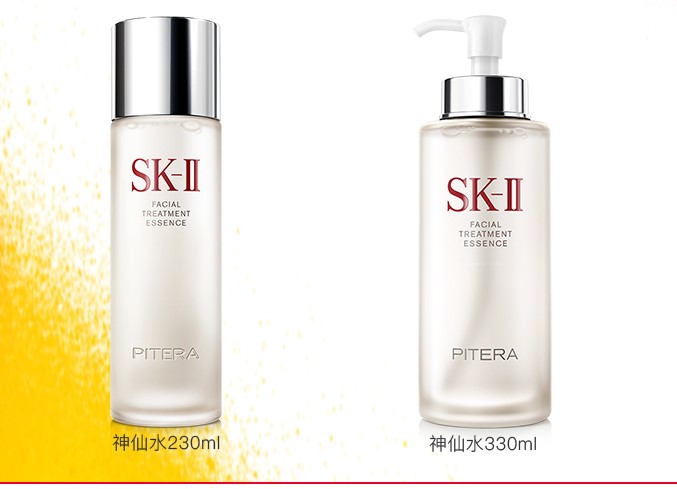“I really love Granny Xiang’s bag for this season.”
“Really? But I think that Piggy Bag fits you better.”
“Did you try the new color of Little Fatty?”
“Not yet. I tried the Fairy Water on my face recently, and it really makes my skin smooth!”

Granny Xiang 
Piggy Bag 
Little Fatty 
Fairy Water
If you have never been living in China, you will certainly get confused with this conversation between two Chinese ladies talking about fashion and beauty. These are the nicknames of some of the brands and products that consumers in China are familiar with. Granny Xiang is Chanel, the French luxury fashion brand whose name pronounced in Chinese is similar to “Xiang”. Piggy bag is Chloe’s Drew bag which got its name because of the shape and pronunciation of its English name. Little Fatty is Giorgio Amani’s lipstick with a round-shaped packaging, and Fairy Water does not come from a fairy tale but SKII, a cosmetics brand by P&G.
With abundant creativity, consumers in China are passionate about giving nicknames to foreign brands and products from skincare to luxury goods. And most of these nicknames are widely spread on social media channels.
Why do Chinese consumers give nicknames?
A localized name can help the consumers remember the brand and product more easily. The history of local consumers’ innovation on luxury brand naming can be traced back to the early 2000’ s when the first batch of foreign luxury brands entered into China market, during that time LV was called “the donkey brand” as LV pronounced the same as donkey in Chinese (Luo, 2020).
People want to catch up with fashion trends to be an insider, knowing the hot topics of popular brands and all the nicknames being widely shared by social influencers will definitely make their style stand out (Berger, 2013).
Are they purely created by consumers?
Originally those nicknames are mainly created by consumers spontaneously by referring to product’s features, functions, benefits, and pop culture. Taking Prada’s Saffiano handbag as an example, the “killer’s bag” was carried by the killer in ‘Mission Impossible: Ghost Protocol’ (McKinsey & Company, 2019). Nowadays beauty brands are very proactive in engaging consumers by creating nicknames across their digital channels.
What does it mean for brands?
Naming is now a co-creation process between brands and consumers. A previous scientific study proved that consumers will generate higher purchase intentions when they are involved as part of the naming process (Stoner et al., 2018). Besides an official name, brands are highly suggested to develop a nickname when launching their products, while proactively hear the voice from consumers and be open-minded to adopt nicknames from consumers as a tool to build Word of Mouth (WOM).
According to a recent report by McKinsey, Generation Z who heavily relies on social media is becoming a driving force with the buying power in Asia (Smith & Yamakawa; 2020). They want brands to be distinctive with their own identity but also can easily be recognized. With the booming of social influencers across digital channels, brands should leverage social influencers as brand ambassadors to engage Gen Z through telling the unique story of those nicknames and fulfill their needs of self-sharing.
References:
Berger, J. (2013). Contagious: why things catch on (1st Simon & Schuster hardcover ed.). Simon & Schuster.
Luo, J. (2020). Call me by your nickname: Inside China’s nicknaming phenomenon. https://mp.weixin.qq.com/s/5lM_u0E287pWUN0msHmuUA
McKinsey & Company. (2019). China Luxury Report 2019. https://www.mckinsey.com.cn/wp-content/uploads/2019/04/McKinsey-China-Luxury-Report-2019-English.pdf
Stoner, J., Loken, B., & Stadler Blank, A. (2018). The Name Game: How Naming Products Increases Psychological Ownership and Subsequent Consumer Evaluations. Journal of Consumer Psychology, 28(1), 130–137.
Smith, T., & Yamakawa, N. (2020) Asia’s Generation Z comes of age. https://www.mckinsey.com/industries/retail/our-insights/asias-generation-z-comes-of-age

4 Responses to Brands with catchy nicknames went viral in China